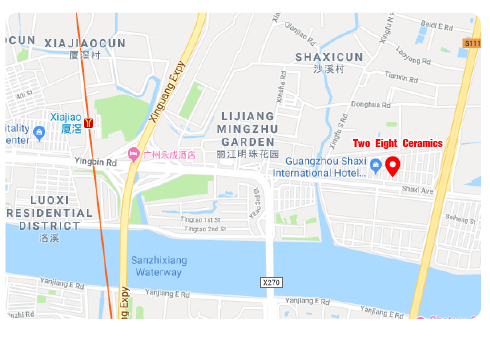Ask an Expert: Fat-free or sugar-free? The verdict - low calorie italian dishes restaurants

In the last century, regarding the reasons for the increase in obesity and cardiovascular disease, a large-scale territorial war broke out in nutrition.
In the UK, the author of "pure white fatal-how sugar kills us, what can we do to stop it", Dr. John Eugene.
On the basis of some questionable studies in the United States, there are Ancel Keys that are driving fat, especially cholesterol and saturated fat, which are the cause of heart attacks.
Finally, the key won-the decision has nothing to do with scientific research, and has a lot to do with money, politics, and power.
As a result, Western countries have started a long-term low-fat diet experiment.
Margarine replaces butter, we eat lean meat, all the fat is cut, and the food industry responds to this call by producing a lot of low-fat products.
The problem with removing the fat from the food is that most of the taste is with it, so the fat is replaced by additives to improve the taste.
What about the first additive? Sugar.
It's not always called Sugar except on the ingredient list.
According to the final statistics, there are nearly 100 alternative names for sugar used in the food industry. The past 30-
For 40 years, we have consumed more and more sugar (soft drinks, sports drinks, heart-shaped drinks, juice, candy) and sugar --
It contains processed foods (breakfast cereal, fruit yogurt, cereal, sauce, etc ).
In addition to natural sugar in fruits and dairy products, Australians now eat an average of 16 teaspoons of sugar per day.
Teenagers spend more.
So what happened to our health during that time?
The proportion of overweight and obesity has steadily climbed.
Australian adults and Australian children in 2 out of 3 are now overweight or obese.
The incidence of type 2 diabetes is steadily rising and it is believed that as many as 2 million Australians may have the disease and have disastrous health consequences.
Incidence of caries and non-Caries
Alcoholic liver disease is also increasing steadily.
It's no coincidence that as our sugar intake increases, our incidence of chronic diseases also increases.
The campaign aims to reduce the average intake of sugar added to Australians by half.
The World Health Organization (WHO) says the ideal sugar intake does not exceed 6 teaspoons per day, so cutting our intake by half will bring us closer to that number.
The first step is to make people aware of the problem with sugar and give them the tools to reduce their intake.
Up to now, soft drinks, sports drinks, energy drinks and sweet drinks are the biggest reasons for the country's excessive consumption of sugar, especially for children and adolescents.
So the first step is to remove soft drinks from your diet and your child's diet.
Water is the best choice.
In this country we are lucky to have high quality tap water in most areas and you can always drink bottled water if you don't like tap water.
You don't need to use sports drinks or energy drinks unless you are an elite athlete.
In this country, about processed foods contain some type of added sugar, so learn to read the label and stay away from it if a substance that sounds like sugar is in the first two or three ingredients.
Similarly, if the sugar content in the list of nutrients in the food label is greater than 5g per 100 gm, then please stay away.
Replace fruit yogurt with non-sweet Greek yogurt and try to replace the muesli bar with fruit, cheese sticks, carrot sticks and nuts as snacks.
Replace sugary sauces and sauces with olive oil and low-sugar sauces.
In order to reduce the intake of sugar, you can take a lot of simple, delicious measures.
One interesting thing that happens when you reduce your sugar intake is that you become less hungry.
Your blood sugar levels did not rise significantly, followed by a sharp drop, which means you are hungry again a few hours after a high sugar meal or drink.
Therefore, a low-sugar diet is easier to maintain than a low-calorie diet that always feels very hungry.
If it all looks too complicated, stick to the real food.
Eat real foods such as vegetables, fruits, meat, fish, eggs, dairy products, nuts and olive oil instead of processed foods rich in sugar and unhealthy fats.
You will enjoy your food, but will still lose weight, feel more energetic and improve your heart risk factors. So it is a no-Smarter sugar
Free is more beneficial than fat-free.
Dr. Peterxa0Brukner, medical doctor in sports and sports
Guangdong Hosen Two Eight Industrial Co.,Ltd. is a professional ceramic tableware manufacturer. It is committed to provide customers with one-stop purchasing service for hotel supplies and catering suppliers about 20 years by now. Sitemap
CONTACT US
Mobile: +86-18127955755 / 13694279549
E-mail: haoxin-2@28ceramics.com /
Office Address: 3/F-4/F, Shaxi International Hotel Supplies City, Shaxi Village, Guangzhou City, China
Factory Address: Ditou lndustrial Zone, Fengxi District, Chaozhou City, China

